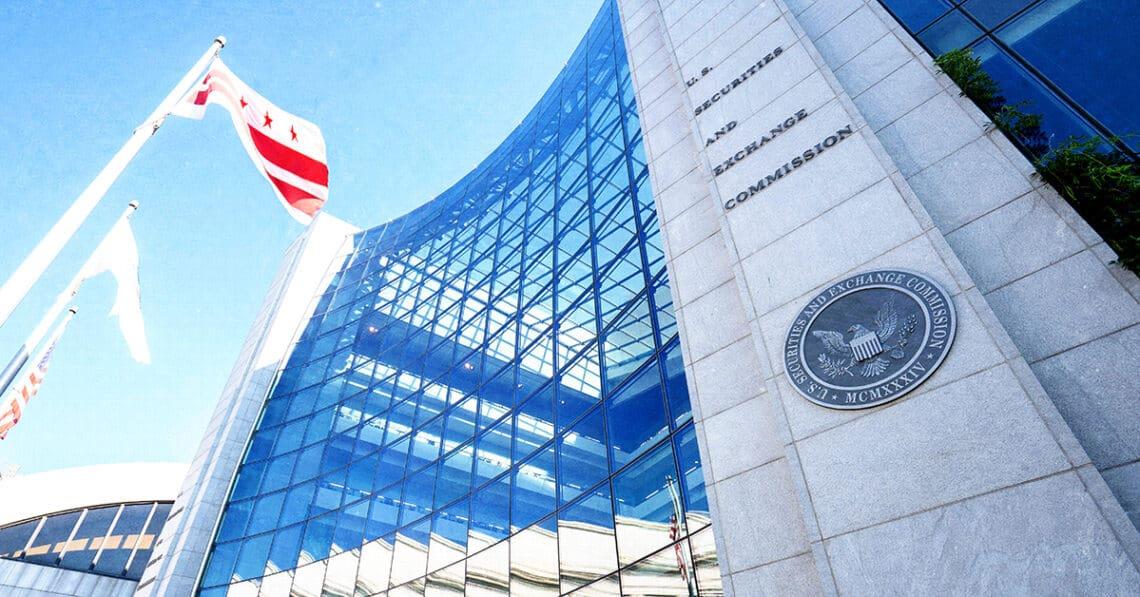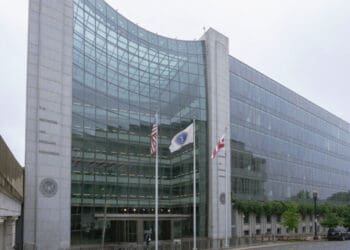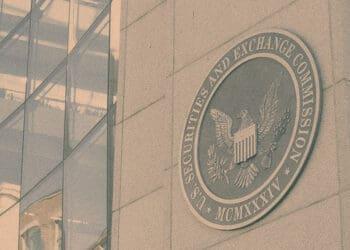The SEC’s bribery case against a pair of former Cognizant Technology executives was six years in the making, with pandemic-related delays and significant pretrial litigation slowing the process. The end of the case? No less tumultuous thanks to a presidentially ordered pause in FCPA enforcement culminating in a July turnabout that saw the commission move to dismiss a case it had asked to be reinstated just two months prior. Gina Castellano, Martin Weinstein and Laura Perkins of Cadwalader, Wickersham & Taft recap the twists and turns of the SEC’s case and look ahead to what it portends for FCPA enforcement at the agency.
On July 15, three months after the DOJ dropped its high-profile foreign bribery case against two former Cognizant executives, the SEC followed suit and moved to dismiss its own long-standing case. The SEC described its decision to end the case against Gordon Coburn and Steven Schwartz after six years as a policy-based move rather than a merits-based one. This pivot strongly suggests that the SEC will act in step with current administration priorities and the recently issued DOJ FCPA guidelines.
The case against Coburn and Schwartz, the former president and chief legal officer, respectively, of Cognizant Technology Solutions, a New Jersey-based IT and outsourcing company, began in February 2019. The two were alleged to have authorized a contractor to pay a $2 million bribe to an Indian official and secure a permit for a new, 2.7 million-square-foot office park in Chennai, India. They also allegedly directed US-based subordinates to conceal the payment by doctoring the contractor’s change orders.
The SEC charged the executives with violations of the FCPA’s anti-bribery, books and records and internal control provisions. The DOJ separately charged them with conspiracy and substantive violations of the anti-bribery provisions, as well as books and records and internal controls violations. Separately, Cognizant settled with the SEC for $25 million in connection with similar allegations and received a declination, with $19.4 million in disgorgement, from the DOJ.
Coburn and Schwartz pleaded not guilty to the DOJ charges, and the SEC case was paused pending resolution of the criminal charges. What ensued was a protracted legal battle that, between Covid-19 disruptions, significant pretrial litigation and the retirement of a judge, was drawn out for nearly six years.
FCPA pause and DOJ dismissal
Just as the criminal case appeared to regain momentum following the disruptions, new uncertainty emerged around FCPA enforcement. The trial was scheduled for March 3, 2025, but in February, President Donald Trump issued an executive order temporarily pausing FCPA enforcement by the DOJ and called for a reevaluation of all ongoing cases, leaving the future of Schwartz and Coburn’s case, as well as other ongoing FCPA matters, in limbo.
Following the executive order, on Feb. 21, the DOJ informed the court that it had reviewed the case and decided to proceed with the prosecution. The trial date was adjusted to March 17. Just a couple of weeks before then, in an about-face on March 4, then-acting US Attorney for the District of New Jersey John Giordano requested a 180-day adjournment to review the case again under the executive order.
The court denied Giordano’s request and ordered the trial to proceed no later than April 7. But on April 1, just days before trial was set to start and nearly six years after the case was first filed, Alina Habba, who had since become interim US attorney, dropped all criminal charges against Coburn and Schwartz, citing a “recent assessment of the Executive Order’s application to this matter” and concluding that “further prosecution is not in the interests of the United States at this time.” US District Court Judge Michael Farbiarz approved this dismissal with prejudice, making it the first case formally dropped during the FCPA pause.
The DOJ’s move to dismiss the case was not entirely surprising. While the department’s revised FCPA guidelines were released after this dismissal, they nonetheless help clarify the administration’s enforcement priorities that were taking shape at the time. Under this framework, the DOJ is unlikely to prioritize FCPA matters, such as this one, involving a US company where the alleged conduct does not implicate national security, cartel involvement or economic harm to US entities. Still, a $2 million bribe is not insubstantial and the supposed conduct by high-level executives to conceal it could have provided a basis for the department to continue the prosecution, even under the revised guidelines.
FCPA Enforcement Back on at DOJ — With a New Look
After a shorter-than-expected pause, officials with the DOJ have formally renewed the department’s enforcement of the FCPA. CCI’s Jennifer L. Gaskin explores what’s new (fewer cases, a new focus on cartels and international gangs) and what’s not new (the importance of robust compliance in mitigating risk).
Read moreDetailsSEC dismissal and policy implications
Despite all of this, the DOJ’s dismissal did not bring the Coburn and Schwartz matter to a close. After the DOJ case was dismissed, the SEC in April moved to restore its case and requested that the court reissue a stay to allow the parties to explore a potential resolution.
Finally, just two months later, on July 15, the SEC announced its decision to drop its FCPA action against Coburn and Schwartz. In its official statement, the SEC clarified that this move was grounded in policy considerations:
“The Commission’s decision to exercise its discretion and dismiss the pending enforcement action rests on its judgment that the dismissal is appropriate as a policy matter, not on any assessment of the merits of the claims alleged in the action. Furthermore, as stated in the joint stipulation, the Commission’s decision to seek dismissal of this action ‘does not necessarily reflect the Commission’s position on any other case.’”
While SEC actions generally trail DOJ cases in related matters, outcomes between the two can diverge significantly. The SEC wields a broad array of enforcement tools and operates under a lower burden of proof. Furthermore, unlike the DOJ, the SEC is an independent federal agency. That said, in February, President Trump signed an executive order requiring independent regulatory agencies, including the SEC, to submit their policy priorities and budget adjustments for White House approval. This order added further uncertainty to the case and raised fundamental questions about whether the SEC’s enforcement decisions would still be made independently or whether they would increasingly be shaped by executive branch priorities.
Given the uncertainty surrounding the SEC’s autonomy, and in the absence of clear FCPA enforcement priorities at the agency, the SEC’s decision to drop this case is telling, strongly suggesting the SEC will fall in line with the administration’s agenda and the DOJ’s revised FCPA guidelines.
Still, some questions remain. For one, the SEC described its decision as case-specific, but whether it is truly a one-off or the start of a broader enforcement shift is unclear. The agency has historically pursued FCPA cases that the DOJ did not, particularly those involving “routine business practices,” which the DOJ has now said it will deprioritize. At the same time, the SEC plays a different role: It’s not a criminal enforcer like the DOJ but rather a civil regulator. This distinction could leave the door open for more independent enforcement down the line, even if this particular case points toward alignment with the DOJ.
Conclusion
The DOJ is now prioritizing what it deems to be serious misconduct and cases involving foreign companies, jurisdictions with high-levels of cartel activity and sectors like defense and intelligence. The SEC’s decision to dismiss its case against Coburn and Schwartz — following the DOJ’s lead — suggests the commission may be aligning with this shift.
Still, companies should not interpret the dismissal as a sign of reduced risk. This is a single case with a long litigation history, and the SEC has not issued agency-wide FCPA enforcement priorities. In its role as a market regulator, the SEC has historically pursued FCPA conduct that the DOJ has not and it may continue to do so under this administration.
All companies should continue to maintain robust, well-documented compliance programs and ensure employees are thoroughly trained on the conduct prohibited by the FCPA.




 Gina Castellano
Gina Castellano Martin J. Weinstein
Martin J. Weinstein Laura Perkins
Laura Perkins






